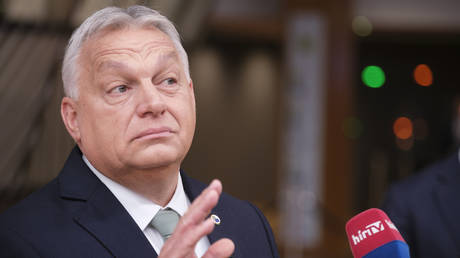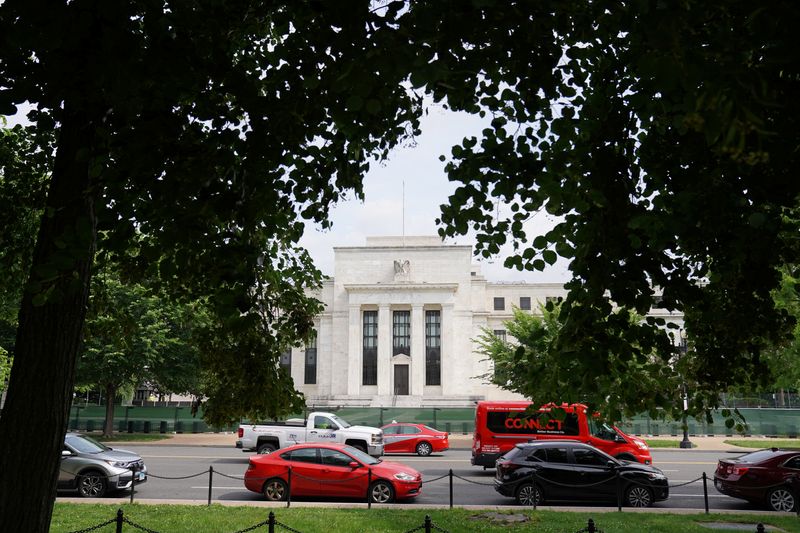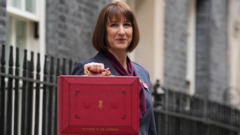Forint Sinks as Orban Cabinet Boosts Hungary Rate-Cut Demand
NegativeFinancial Markets

The Hungarian forint has taken a hit following Prime Minister Viktor Orban's government pushing for interest rate cuts to revive the struggling economy ahead of upcoming elections. This move raises concerns about the stability of the currency and the potential impact on inflation, making it a critical issue for both the government and citizens as they navigate economic challenges.
— Curated by the World Pulse Now AI Editorial System

















